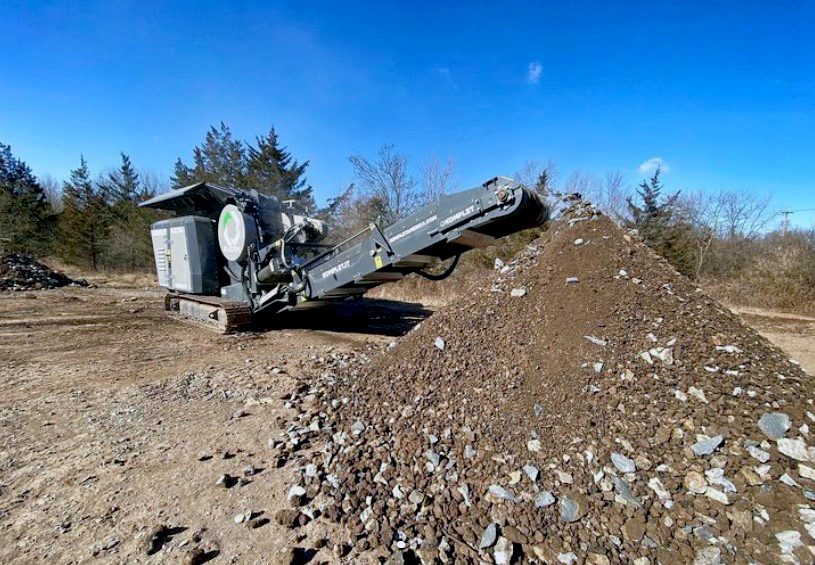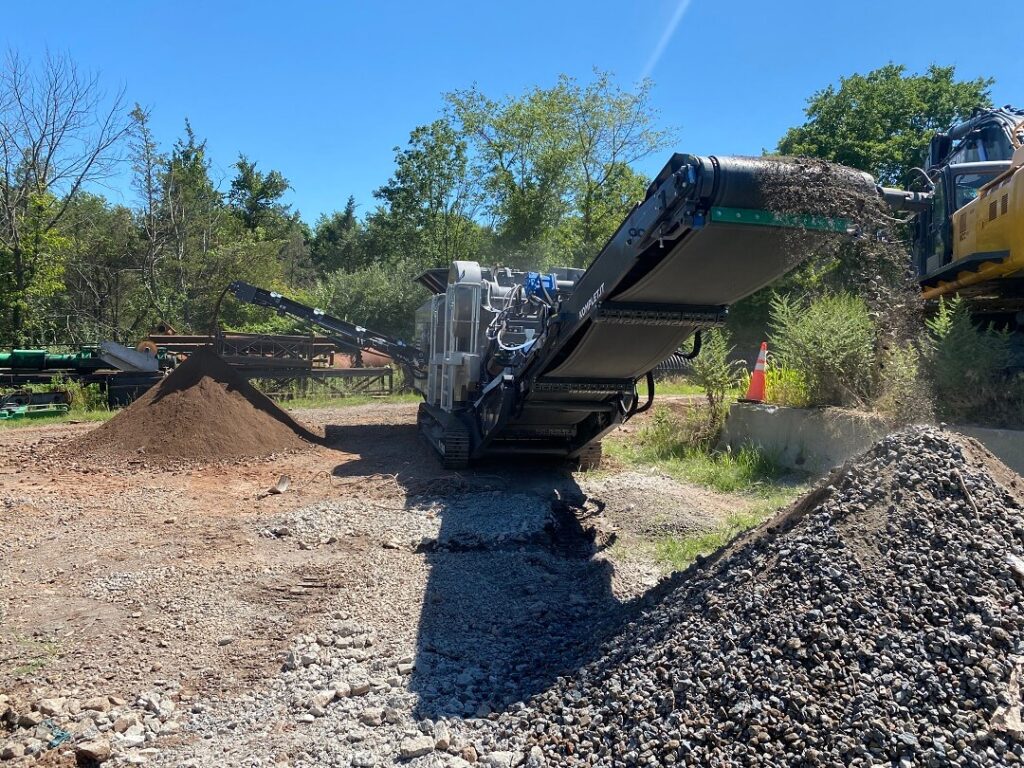Mobile Jaw crusher is essential machine in the mining and construction industries, enabling the crushing of hard materials into manageable pieces for further processing.
Small jaw crushers, in particular, are vital for smaller operations where space and budget constraints come into play. However, even the most well-built crushers can underperform or break down prematurely if not operated correctly.
Here are some of the biggest mistakes small jaw crusher operators make and how to avoid them.
Ignoring Regular Maintenance
One of the most common mistakes is paying attention to regular maintenance. Jaw crushers are robust machines that require consistent upkeep to operate efficiently. Regularly scheduled maintenance includes checking the wear and tear on parts like jaw plates, bearings, and drive belts.
Please do so to avoid unexpected downtime and costly repairs. Operators should adhere to the manufacturer’s maintenance schedule and keep detailed records of maintenance activities.
Overloading the Crusher
Overloading is another frequent mistake that can significantly reduce the lifespan of a jaw crusher. When too much material is fed into the crusher, it can cause undue strain on the machine’s components, leading to mechanical failures.
Operators should ensure that the feed is consistent with the crusher’s capacity and avoid the temptation to push the machine beyond its limits. Following the manufacturer’s specifications regarding maximum feed size and capacity is essential.
Incorrect Feed Size
Feeding material that is too large or too small can also cause problems. Oversized rocks can damage the crusher, while undersized material can cause blockages and inefficient crushing.
The feed should be sized correctly according to the crusher’s specifications. Additionally, using a grizzly screen to pre-screen material can help ensure that only appropriately sized material enters the crusher.
Poor Training and Lack of Knowledge
Proper training for operators is crucial for the efficient operation of a jaw crusher. With adequate training, withers may only fully understand the man’s capabilities and limitations, leading to operational mistakes.
Investing in comprehensive training programs for all operators can prevent many common errors. Training should cover the essential operation and safety procedures, maintenance routines, and troubleshooting techniques.
Inadequate Lubrication
Lubrication is essential for the smooth operation of any machinery with moving parts, and jaw crushers are no exception. Inadequate lubrication can lead to increased friction and wear, causing parts to fail prematurely.
Operators should regularly check and replenish lubricants as specified by the manufacturer. Using the correct type of lubricant is also critical to ensure the longevity and performance of the crusher.

Ignoring Wear Parts
Jaw crushers have several worn parts, such as jaw plates, which must be replaced regularly. Ignoring worn parts can reduce crushing efficiency and increase wear on other components, potentially causing more significant damage.
Operators should monitor worn parts closely and replace them promptly when they reach their wear limits. Keeping an inventory of essential wear parts can help minimize downtime during replacements.
Improper Alignment and Installation
Incorrect alignment or improper installation can lead to operational issues and mechanical failures. Ensuring that the crusher is installed according to the manufacturer’s guidelines and that all components are correctly aligned is essential. Misalignment can cause uneven wear, vibrations, and other operational problems. Regular inspections should include checking the alignment and making necessary adjustments.
Neglecting to Monitor Performance
Failing to monitor the performance of the jaw crusher can result in missed opportunities for improvement and unanticipated breakdowns. Operators should keep track of key performance indicators (KPIs) such as throughput, reduction ratio, and power consumption.
Regular monitoring can help identify potential issues before they become serious problems, allowing for proactive maintenance and adjustments.
Conclusion
Avoiding these common mistakes can significantly enhance the performance and longevity of small jaw crushers.
Regular maintenance, proper training, correct feed size, adequate lubrication, timely replacement of worn parts, proper alignment, and performance monitoring are all critical to successful operation.
By paying attention to these factors, operators can ensure that their jaw crushers run efficiently, minimize downtime, and reduce operating costs.

